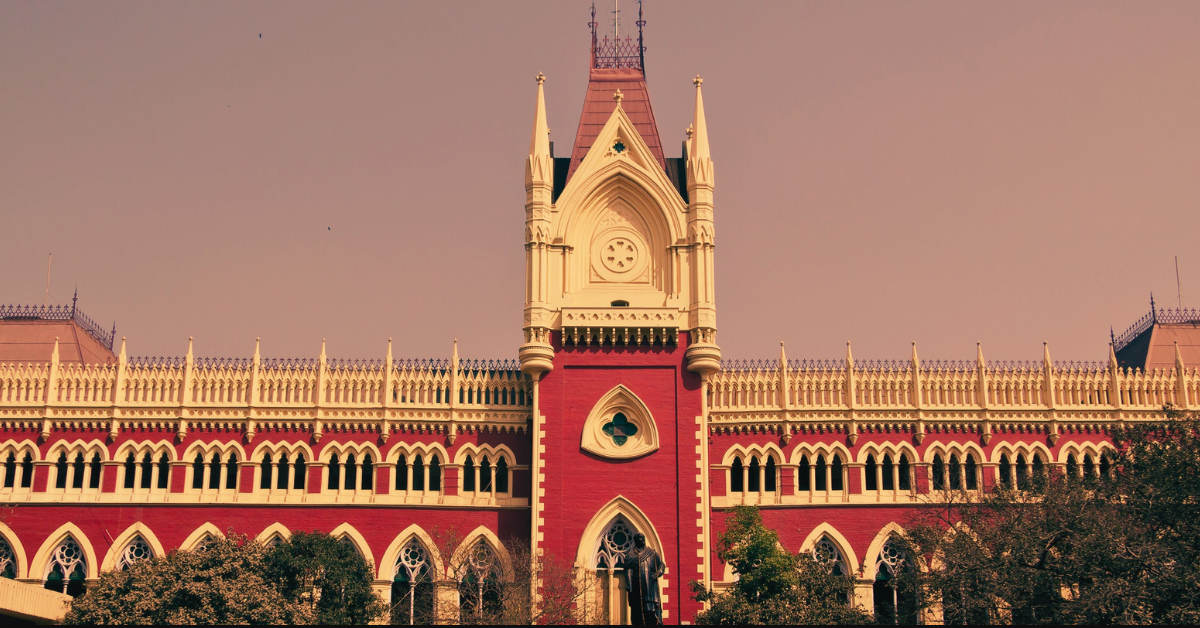Key Highlights of the Ruling
Justice Bhattacharyya's bench underscored that all jurisdictional matters, including issues related to limitation, are to be resolved by the arbitrator. The court stated that even if there is some doubt concerning the limitation, it is not within the court's jurisdiction under Section 11 to make a conclusive decision. Instead, such matters must be delegated to the arbitrator.
The court's ruling revolves around Section 11, which lays down the procedure for appointing arbitrators and the role of the Chief Justice or their designate in such appointments. The court's decision reaffirmed that the adjudication of jurisdictional issues, including the question of limitation, must be left to the arbitrator.
Case Background
The case in question involved B.B.M. Enterprises (the Petitioner) and government authorities. B.B.M. Enterprises completed certain work for the government, confirmed by a completion certificate, with payment up to the second Running Account (R/A) Bill totaling Rs. 1,30,97,481. However, as per Clause 7 of their agreement, the final bill was to be submitted within a month from the completion date. Failing this, the Engineer-in-Charge's certificate of measurement and the total payable amount would be considered final and binding.
While the Respondents paid a substantial portion of the final work value amounting to Rs. 1,59,78,404, a balance of Rs. 24,21,596 and a security deposit refund of Rs. 11,44,205 remained unpaid. The Petitioner referenced the precedent set in M.L. Dalmiya & Co. vs. Union of India (AIR 1963 Cal 277), arguing that the cause of action for payment only arises once the contractor receives a completion certificate. In this case, without such a certificate from the Engineer-in-Charge, the cause of action was not considered to have matured until the payment request was denied.
Arbitration Proceedings
The Petitioner issued a notice under Section 21 of the Arbitration and Conciliation Act, 1996, initiating the arbitration process. When the Respondents did not agree to arbitration, the Petitioner approached the High Court under Section 11 for the appointment of an arbitrator.
The Respondents contested the application, citing misjoinder and non-joinder of parties. They argued that only the State and the Superintending Engineer, National Highway Circle-I, were relevant parties to the agreement, not the Chief Engineer, P.W.D., or the Executive Engineer, National Highway Division No. I. Furthermore, they pointed out the Petitioner's delay in action, claiming the relevant documents were no longer available due to approximately 20 years of inaction, rendering the claim time-barred.
High Court's Observations
The High Court observed that neither the Petitioner nor the Respondents substantiated the issuance of the completion certificate by the concerned engineer as required by Clause 7. The Petitioner's claim that a portion of the final work value was paid might not necessarily indicate that the final bill was raised and satisfied.
The court concluded that it would be premature for a court operating under Section 11 of the Arbitration Act to make a conclusive determination on such matters. The court noted that the Petitioner could argue that until a final bill certification was made by the concerned engineer, the cause of action for their claim would not arise. If this perspective were ultimately established, the court pointed out that the limitation bar would be nullified.
Thus, the High Court held that jurisdiction under Section 11 does not extend to even prima facie adjudication of such issues, and all jurisdictional issues, including limitations, should be decided by the arbitrator. Consequently, the court appointed Om Narayan Rai as the sole arbitrator to resolve the disputes between the parties.
This ruling highlights the clear demarcation of roles within the arbitration process, reaffirming that the determination of jurisdictional issues is a matter for the arbitrator, not the court.
keywords: calcutta high court judgement, calcutta high court arbitration judgement, calcutta high court judgment and order, calcutta high court division bench judgement, judgment of calcutta high court, matters referred to arbitration, disputes that can be referred to arbitration

